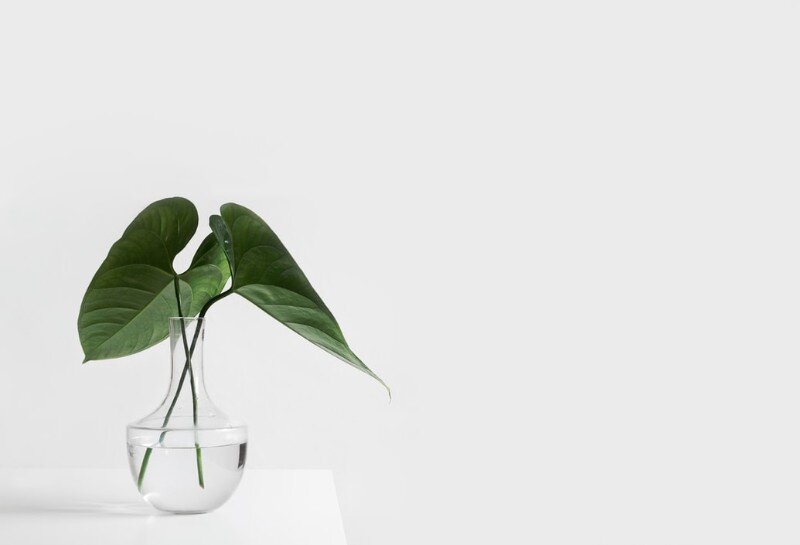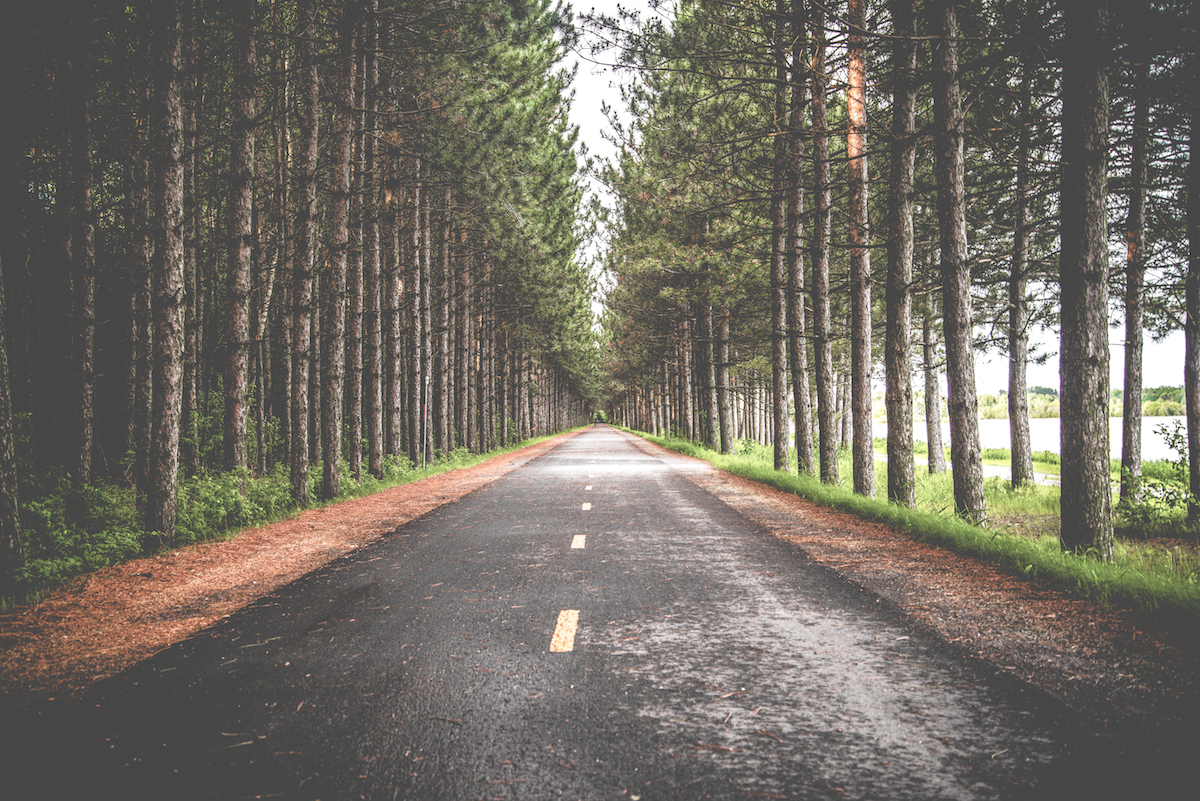
Aprivé Wellness Blog
World Food Programme Pilates Fundraiser with Physio Caitlin
Join me, Physio Caitlin, for a fun Pilates and posture class! We'll relieve those aches and pains and all proceeds go to the UN World Food Program.
WHO CAN COME: Everyone! All levels welcome, no Pilates experience required
WHERE: Nadi Wellness Centre, Queenstown (or join me on Instagram Live)
COST: By Donation - Please be generous. World hunger has worsened with the European war.
BRING: Yourself & your donation. If you don't have cash, you can donate via my Paypal account and join in-person or via Instagram live. I will be filming my Paypal as payments come through for transparency.
Please RSVP - On the Facebook Events page: https://www.facebook.com/events/1056592934965549
ABOUT THE UN WORLD FOOD PROGRAM: The World Food Programme is the world’s largest humanitarian organization, saving lives in emergencies and using food assistance to build a pathway to peace, stability and prosperity for people recovering from conflict, disasters and the impact of climate change. www.wfp.org
How to Add Wellness to Your Resort
Offering wellness to your customers has never been more important. Across countless industries from food retailers to luxury hotels, wellness programs and wellness products are no longer optional. Here’s everything you need to know about adding wellness to your brand.
Everyone wants more wellness in 2021
It’s been an extremely difficult year this year, and the threat to human health has led to an increase in the individual and global search to be well. Never in most of our lifetimes has there been such a focus on health at such a large scale. While wellness has been a trend for years, now it’s personal. Customers of the luxury sector through to daily food chains are demanding brands consider their wellbeing.
An Ogilvy global survey of 7,000 consumers in 14 countries found:
77% of people say wellness is very or extremely important to them.
80% want to improve their wellness.
Only 46% feel that brands prioritise their wellness; the number is 41% for the food sector and 53% for skin-care brands.
67% say there should be more wellness options, regardless of what they’re shopping for; more than 50% expect car, banking, airline and snack-food brands to offer wellness options.
59% agree it’s worth paying more for wellness options.
73% say all brands need a wellness strategy as part of their core mission.
As the results above demonstrate, showing your customers you care about their health, both mental health and physical health, is imperative in today’s world. Before 2020, genuine workplace wellness programs were rarely implemented and wellness products were restricted to the health and wellness industry. But no more.
With social media ever-present now, wellness offers have to be authentic and meaningful.
Wellness is more than healthy food and spa treatments
Many brands have started wellness programs in the past 12 months to cater to the demands of both their customers and employees. This has come in the form of wellness to support mental health, employee health or even by adding wellness to an existing brand offering. When these offerings are done in a meaningful way, these brands should be applauded.
However, some brands think providing spa treatments and a few menu items with healthy food serve as wellness programs or products. But they don’t.
The new consumer wants to know their health is a priority, not a second thought.
If you wish to offer wellness experiences and treatments, they need to have a human-centred goal behind them. That can be lightness and laughter, building connection, creating calm, boosting immunity or even creating a moment of wonder and awe which is shown to boost well being too. Regardless of what you wish to offer, it needs to have a clear goal that shows insight into your unique customer base.
Luxury brands need to focus on these goals when offering luxury wellness too, as an opulent spa no longer qualifies a hotel as a luxury wellness retreat. The world’s top wellness retreats have known this for years, but now the rest of the world is taking note.
All industries can offer wellness products
Wellness isn’t reserved for retreats, yoga studios and healthy food chains either. Any industry can get involved; It’s about catering to real people and their needs to have their health prioritised.
Whether you’re a hotel chain looking to add wellness retreats, a medical clinic looking to add fitness classes, or a ferry company looking to offer healthier, locally sourced food options, there are simple ways you can help your customers feel like you value their well being. It all starts with that human-centred goal to make the product meaningful to your customers.
What makes a wellness product meaningful?
Considering your customers in a holistic way can help create a meaningful wellness product. One of the easiest, most tangible ways to do this is to consider Maslow’s pyramid of needs.
The pyramid is as follows: Physiological, safety, love and belonging, esteem, and self-actualisation. Once the initial two needs have been met, wellness can attempt to address the last three: Love and belonging, esteem and self-actualisation.
Belonging
After a year of isolation, quarantine, lack of touch and loss of community for many, many people are craving a sense of belonging. Brands, luxury hotels and wellness retreats can all help create this with meaningful, in-person events and community initiatives.
Esteem
Building a customer’s esteem is well within the reach of wellness products. Whether your customer’s goal is weight loss, detox, boosting their health or just trying yoga for the first time, esteem-building is crucial.
There are countless elements that influence building self-esteem, from everything from staff interactions to the user experience of digital fitness tools and trackers.
Self-actualisation
Self-actualisation is an important part of any meaningful wellness initiative and a pillar of any world-class wellness resort.
In fact, helping a customer live their best life is the key goal of any wellness brand, product or wellness retreat.
Whether this is done through a philosophical, spiritual or scientific lens, self-actualisation is the reason customers will rave about your wellness product and keep coming back.
How to add wellness to your hotel or brand
Creating an authentic, relatable and meaningful wellness product in 2021 means thinking beyond the old ideas. While holistic treatments, yoga and daily wellness programs are great, they’re not enough.
New customers want to know brands have considered their wellness, which includes everything from saving them time to decreasing stress levels, boosting immunity and building connection.
While it sounds like a mammoth task to weave all these elements into a product, it can be done. From luxury wellness through to wellness programs and initiatives; authentic, personalised products are key.
Adding wellness to your brand
As a health professional and wellness consultant, I have the unique, ongoing opportunity to watch which wellness strategies work, and which don’t resonate with real people in real settings. I’m so grateful to have worked with some of the world’s best wellness resorts and brands from retreats to hotels fitness brands, and I love to help brands offering meaningful luxury wellness programs and products to their customers.
If you’re looking to add wellness to your brand but you’re not sure how to start, contact me now.
Brand I’ve Worked With:
Liv Nordic & Viking Cruises
Six Senses, Worldwide
Chiva Som, Thailand
Ananda, India
Current Wellness Product Creation for 2 brands: Names protected by NDA.
Get in touch now!
What a Tibetan Monk taught me about Wellness
I’m no expert on Buddhism, but something about the inherent philosophies of the Eastern religion resonates with my holistic view on health and wellness. I’ve been to a handful of Dharma chats by Buddhist monks in Asia, and am always captivated by their jovial spirits and useful lessons.
Recently I attended a talk by The Fifth Amnyi Trulchung Rinpoche, a visiting Buddhist monk from Tibet, passionate to help make people live happier lives. While I believe wellness has its roots in a range of philosophies and schools including medicine, naturopathy, meditation, neurology and sports science, I’m confident this clever man’s lessons can apply to everyone in their business and personal lives.
1. Spend most of your time on goals that are important to you
The visiting monk told us a story from Buddhist text about a man who was trying to rub down a steel pipe to make a needle. He was so obsessed with it, he wouldn’t stop and realise how frivolous it was - he would never get it down to the size of a needle in his lifetime. This man's main life goal was to improve his meditation, but he spent almost all his time trying to make this needle. I was told this applies to everyone: If you have a goal - something you want to improve - spend all your time on that. Don’t let trivial, meaningless things get in the way of your goal because it’s so easy to get distracted. And I'll bet the man in the story didn't have the distraction of social media like we do now!
This applies to wellness: If you want to lose weight and be fitter, devote your time to working out, even if it's just a walk around the block. Instead of checking your social media and spending two hours a day watching reality TV, you can devote this time to your goal so you achieve it faster. It's hard but worth it!
2. Don’t just focus on results, engage in the journey
It's like the old "it's about the journey not the destination" saying. Amnyi Trulchung Rinpoche told us too many people focus on the results of something, instead of the practice itself. He said if they immediately transfer their energy from the outcome to the practice, the practice immediately gets better. In the end then too, the outcome is better! While he was talking about getting better at meditation, this philosophy works for any skill and any business.
This applies to wellness: If you want to eat better, instead of spending ten minutes lamenting your weight on the scales and berating yourself over the brownie you ate at lunch - redirect that energy to sourcing local produce and healthy recipes. Take time and pride in creating healthy, nutritious-filled dishes and you’ll find you’ll eat better overall. Plus! It’s much better to spend your energy on something positive rather than negative - your self esteem will thank you for it.
3. Wake up with happy thoughts
Everyday, Amnyi Trulchung Rinpoche wakes up and says to himself he hopes every sentient being lives happily and healthily and without suffering. He told us he knows this doesn’t mean every living thing in the world will have the best day ever! But he said waking up with a positive mindset and wishing others and yourself well is a really useful way to start the day - and it lingers throughout the day.
This applies to wellness: If you’ve ever been to yoga, you know some instructors will finish the lesson with a similar statement, before the requisite “Namaste.”Rather than waiting until yoga, try and think a positive thought first thing every morning. It can help you start the day in a positive mindset, and better prepares you to combat stress throughout that day.
4. Don't disregard people because they live differently to you
During the session, this charming monk told us about a monk who was famous in Tibet in the 1950's. He was dismissed by Tibetan society and officials for being a disloyal monk because he drank and smoked occasionally, and even had girlfriends. Unfortunately though, he was also incredibly clever, and was one of the few prominent men in the country who spoke English. At a time when a seat at the UN could have determined Tibet's future, the one man who spoke English and would have been the ideal choice was shunned by his country. The monk told us the seat at the UN remained empty, and we all know what happened next.
This applies to wellness: Different therapies, techniques and philosophies appeal to different people, and just because you may not agree that Bikram yoga is worthwhile, someone else will think it's great! And plenty do. Wellness is about promoting mind and body wellbeing, so rather than dismiss other schools of thought, see what you can learn from them.
As a Physio I have a medical background and used to be cynical about some alternative therapies, but I can't tell you how many patients have seen incredible results from them that no other therapy or pill could provide. One woman was cured of chronic anxiety after a number of sessions of Bowen therapy. You never know what you could learn, so keep your heart open to hearing about different people's wellness goals.
I’m no expert, but I know wellness is multi-faceted. If we can all integrate mindfulness to make clearer, better decisions about how we spend our time, who we spend it with, and what our goals are - we’re one step closer to living well!
What have you learned from someone that has helped you come closer to your wellness goals?








